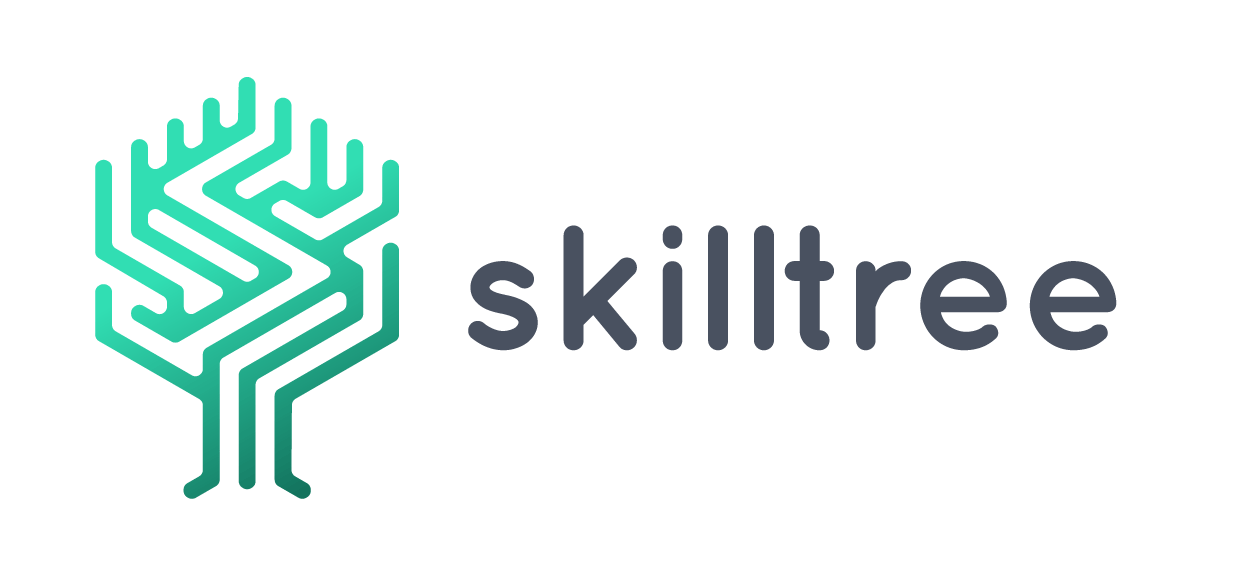In order to be able to give employees a job perspective in the organisation and to show which qualifications are needed for a promotion, it is necessary to define job profiles and career steps. This can be done through career planning
Career Planning Definition
Career planning describes a subarea of career management and every employee’s personnel development. Job profiles and career paths are defined for each job department. Career planning personnel resource planning and succession planning.
Career planning is often supported by HR software to digitally record and manage career steps.
Info: Career planning differs from career management in that it is concerned only with defining and developing job profiles in an organization. Career management pursues the primary goal of linking the personal goals of employees with the goals of the organization in the best possible way.
Goals of career planning
The goal is to establish a definition of the requirement profiles of individual job functions. Thus, for example, a management career can be defined, which shows employees comprehensibly career steps.
Based on career planning, personnel development managers can take various further training measures. Likewise, appropriate training measures can be identified by a target-actual comparison or in the course of succession planning.
Career planning can be done for different areas. For example:
- Expert careers: here, employees are trained to become better and better experts in the course of career planning through training and further education.
- Management careers: through experience and the realization of new tasks, management careers are often defined in a hierarchically structured career.
- Project careers is comparable to a management career, but employees in a project career are given more different tasks and usually less disciplinary authority in team management.
Process of a career planning
Career planning can be implemented using different methods and approaches. The process of creating career planning is described here.
1. Determine responsible persons for the competence catalog
First of all, it is necessary to identify responsible employees/managers who are allowed to create or oversee the competence catalogue. This is necessary because it requires individuals who consider company goals and strategy when creating the competency catalogue.
2. Define competencies
In the next step, competencies, experience, and knowledge have to be defined and made measurable. For this purpose, for example, an existing competence database can be used (also called competence catalogue) or a separate one can be created. Defining those skills enables an HR manager to take targeted and partly standardized actions in HR development.
3. Create or record job profiles
Those standardized competencies, experience values and knowledge can now be assigned to individual requirement profiles of job positions. There are different ways to define job profiles. One of them is described here. (Skilltree Help Center).
4. Who validates competencies/job profiles?
Validating essential competencies, experience, or knowledge, is an important part of quality assurance in career planning. Individual managers or other responsible persons must be identified for this purpose.
3 career planning tips
- Involve managers and employees Involving managers and, in some cases, employees have often proven effective in practice. Employees who are directly affected by career planning can contribute detailed experience. However, care should be taken to ensure that no vested interests are pursued.
- Quality assurance. Quality assurance in the form of different processes should be implemented; e.g. in the validation of essential competencies. Validation by supervisors or specific persons can help to validate competencies in a structured way.
- Software support The use of software to implement career planning in personnel development has many advantages. By digitizing those processes, larger amounts of data can be managed and automated. Time and cost savings are the result. The quality of digitized career planning in the software also surpasses that of analogue or Excel.
